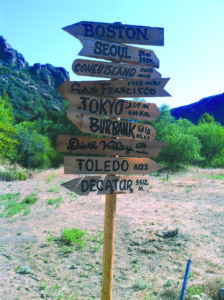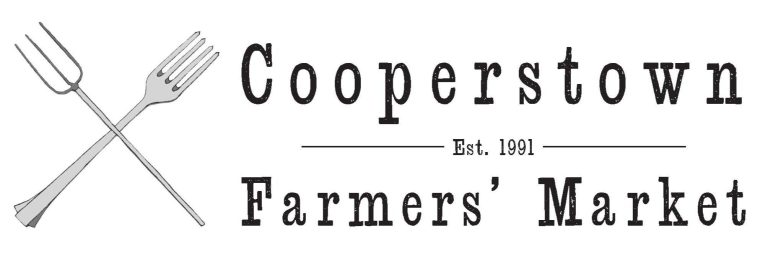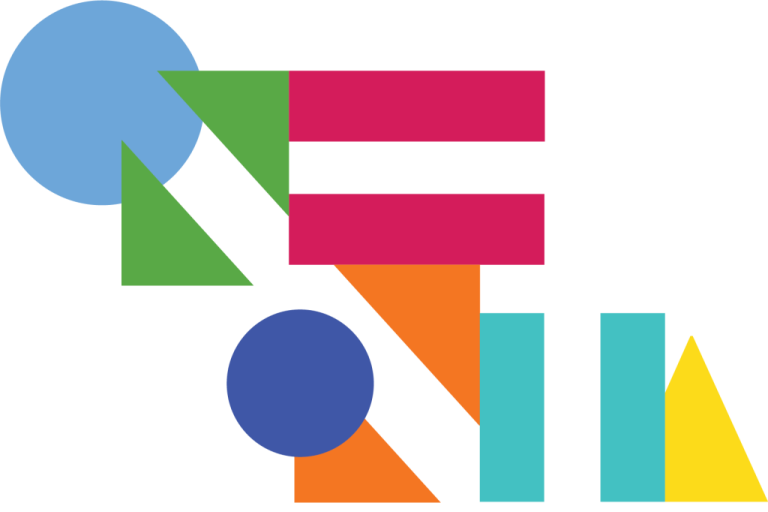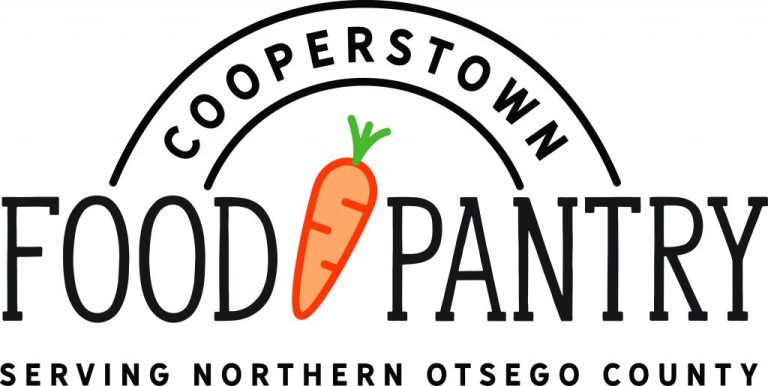Column by Dr. Richard Sternberg
M*A*S*H
September was the 50th anniversary of the TV premier of MASH. The Smithsonian Museum has a new special exhibit that includes one of the iconic props from the TV show, the sign post with the distances to places all around the world.
In 1983, the museum had a special exhibit called MASH: Binding Up the Wounds, that I visited twice.
The program was about people thrown into what to them, with their technical and scientifically based training, was a completely absurd situation: an army hospital near the front lines during the Korean War.
What started out as a broad comedy quickly took on emotional issues about war, life and making a family of those around you in such an environment. The Korean War background was really a metaphor for the war in Vietnam which was still raging when the show came on the air.

The show stayed on the air for 11 years, three times the actual length of the Korean War. Its final episode still holds the record for most viewers of a non-sports program in the U.S. and is still run in syndication today.
I discuss MASH because the show was about a group of surgeons and support staff; nurses, assistants, orderlies, and all the people necessary to make an army emergency hospital function while working under extreme circumstances.
They operated in a tent with limited insulation so that the surgical theater was either very cold or very hot. Frequently equipment that was necessary was unavailable or wasn’t working. At times they had patients with injuries that they could not fix. They dealt with death in young people on a daily basis.
The show had a major influence on me. It helped to lead me to a career in surgery. It also taught me how to survive and function in the absurd world of a second-tier municipal hospital during my residency, where frequently support and equipment was unavailable, and technical expertise was lacking for the problems at hand.
Additionally, it taught me the importance and value of what the show called “meatball surgery,” which was really a metaphor for getting the job done in order to save a life and get on to the next critically injured patient, even though the final result might require repeat returns to the operating room by many different specialists.
In MASH, the concept of triage was frequently demonstrated when mass casualties arrived at the hospital. Triage is the practice invoked when acute care cannot be provided to all in need of care due to lack of resources. Triage generally rations care toward those who are most in need of immediate care.
If we all remember, this happened in the early days of COVID when some hospitals or areas were completely overwhelmed and didn’t have the equipment or personnel to do everything for everyone all the time. Sometimes avoiding the most critically ill allowed them the time to save many others. This also led to surgeons learning to integrate the concept that sometimes it wasn’t better to do everything at once but to stage surgeries for maximal long-term benefit.
Another lesson I learned was about creating a family with those around you, regardless of superficial differences…but that’s a subject for another column.
Dr. Richard Sternberg,
retired Bassett Hospital orthopedic surgeon, is providing his professional perspective during the COVID-19 threat. Also a village trustee, he lives in Cooperstown.






Thoroughly enjoy reading the articles written by Dr. Richard Sternberg
Thoroughly enjoy reading the articles written by Dr. Richard Sternberg